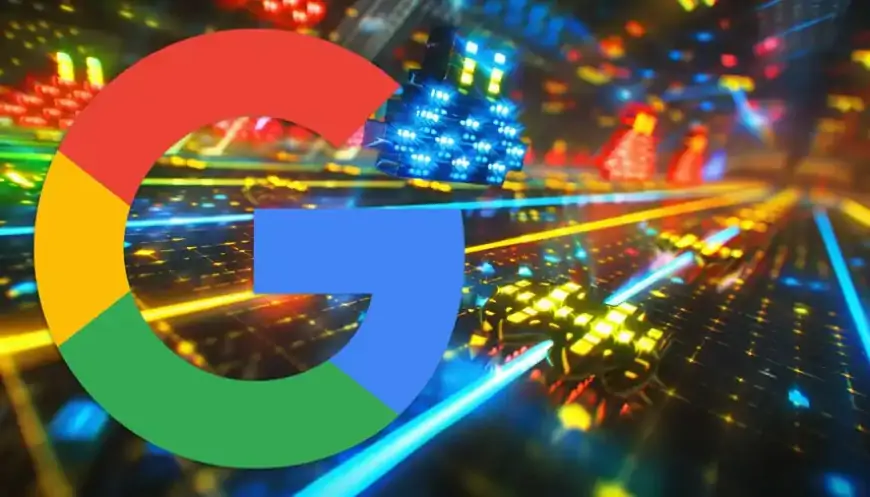Google is addressing Spam and Enhancing Search Results Through Advanced AI Integration
Elevate your search experience with cutting-edge AI technology—smarter, spam-free results for a seamless exploration.

Google is introducing new adjustments to its search ranking systems aimed at promoting valuable content and minimizing the visibility of low-quality and manipulative web material. The company emphasizes improvements in downranking content that merely summarizes other information, often manipulated by SEO tactics and generative AI tools. Despite constant efforts to refine its ranking algorithms, Google acknowledges the persistent challenge of addressing manipulative practices. The announcement underscores significant changes with the potential to enhance the user search experience, signaling a message to discourage spammy and deceptive behavior on the web. According to Pandu Nayak, a VP of search at Google, these changes have resulted in a noticeable reduction of "unhelpful content" by up to 40 percent.
Google is conveying a clear directive to the online community: cease spammy and dubious practices immediately
Nayak outlines three instances of what Google now deems as spammy behavior and aims to reduce in ranking. The first involves the generation of numerous low-quality articles on a large scale, produced either by poorly compensated workers or AI generators, and strategically directed toward search results. Nayak cites obituary spam as an example of this issue. The second type of spammy behavior is termed "site reputation abuse," where an otherwise reputable website leases a portion of its space for irrelevant and AI-generated content. The third is "expired domain abuse," where individuals purchase abandoned but previously high-ranking domains, filling them with subpar content that quickly rises in search rankings. An example of this is illustrated by the current state of The Hairpin, as highlighted in recent coverage by Wired.
For those involved in site reputation abuse, Nayak mentions that Google is providing a 60-day window for the sites to cease such practices before implementing the ranking changes, while the others are effective immediately. Acknowledging its spam problem, Google is taking proactive measures to address it, recognizing that a healthy and high-quality online ecosystem is jeopardized when spammers and providers of low-quality information manipulate rankings. However, the challenges persist, especially with the ongoing debate and challenges related to AI-generated content, its implications, and the struggle to strike a balance between democratizing AI access and preventing its overconsumption on the web. Google's commitment to prioritizing human-centric and genuine content over clickbait is evident, but the path forward is anticipated to be challenging and requires ongoing efforts.












































